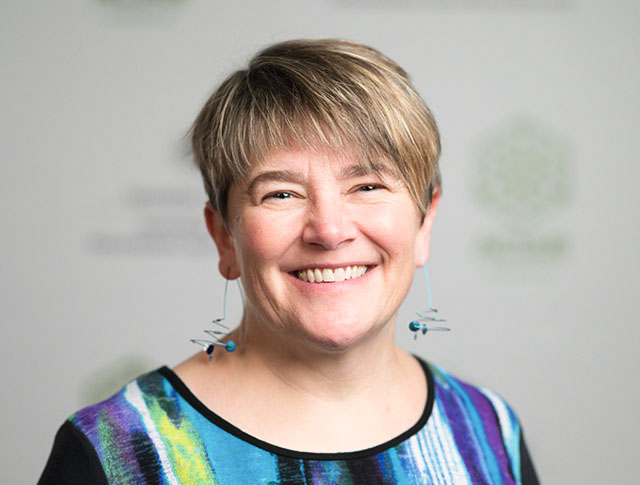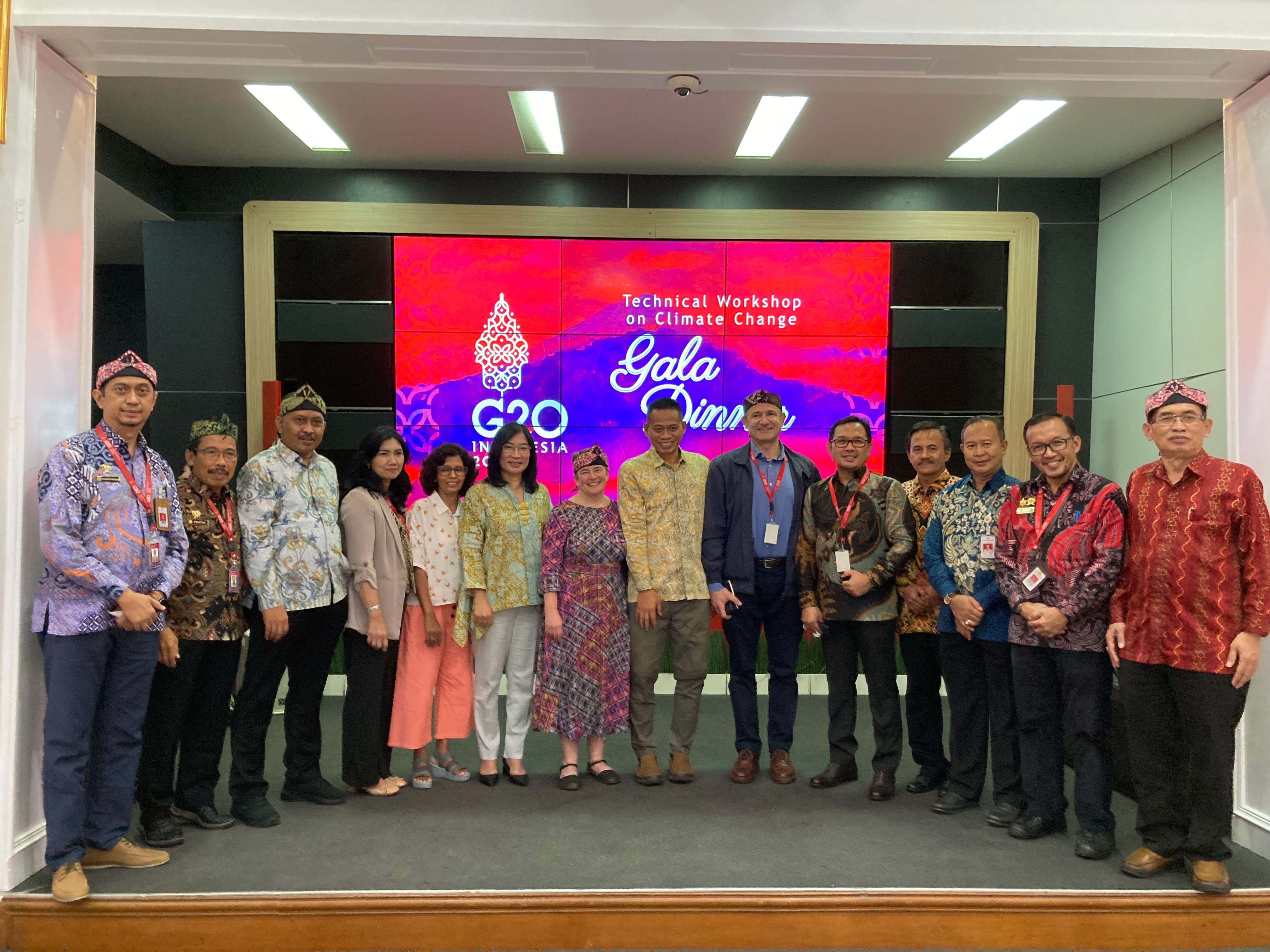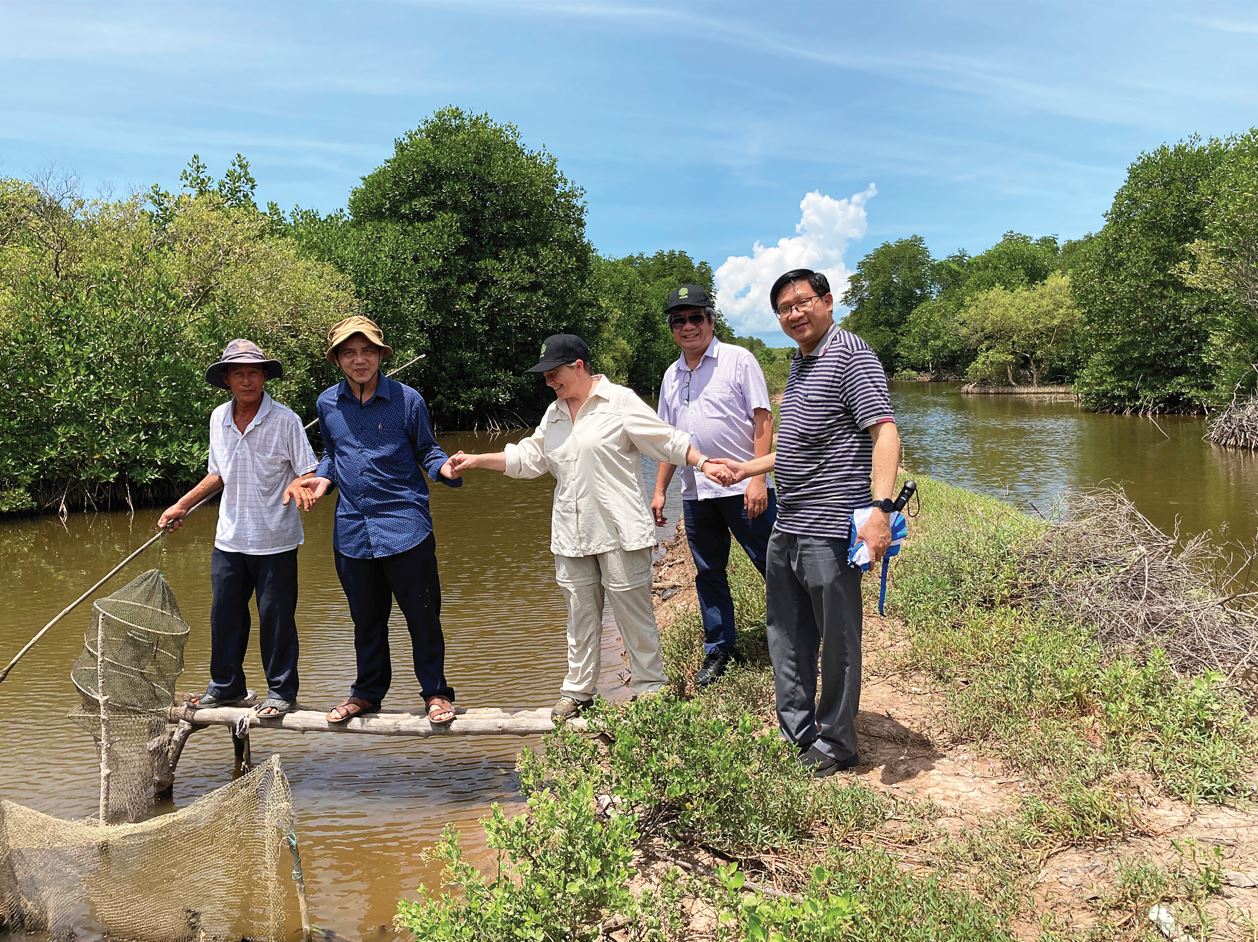Meet Dr Veronica Doerr, climate change tactician, knowledge broker, optimist. As the ACIAR research program manager for climate change, Dr Doerr guides some of the ACIAR-supported research that seeks to transform food systems and livelihoods, including research projects that are under the most pressure to either adapt to or reduce climate impacts.
It is a complex scientific, social, cultural and economic endeavour – one that could be overwhelming given the unstoppable force that climate change presents. But it is a challenge Dr Doerr embraces. ‘It’s about taking a step-by-step approach to system change. It’s about accepting that no-one can do this alone,’ said Dr Doerr.
That is the tactician and knowledge broker speaking. The optimist is a long-time researcher working at the forefront of sustainable landscapes and climate change adaptation. She has built a collaborative network among climate researchers and farming communities around the world.





